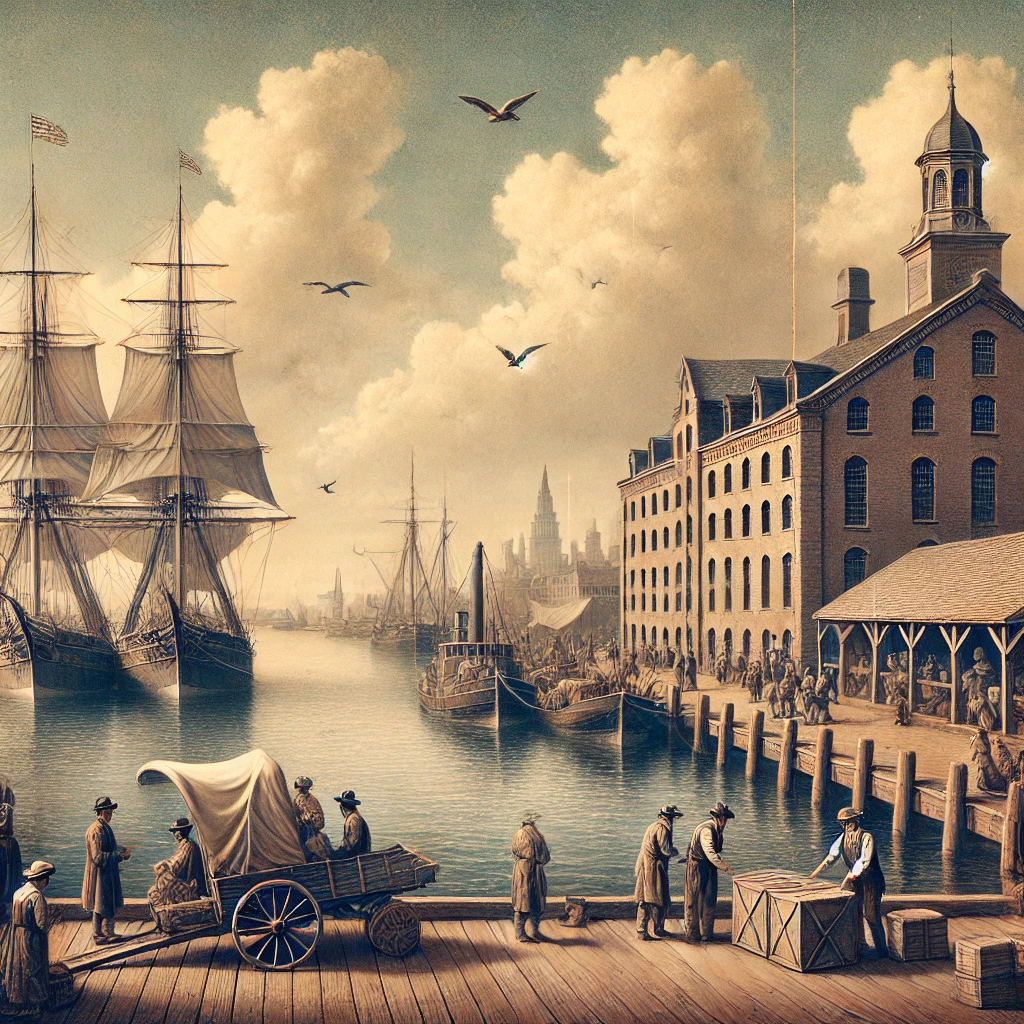
State Taxation on Immigrants and the Constitutional Limits of Commerce Regulation
Case: People v. Compagnie Generale Transatlantique, 107 U.S. 59 (1883).
Easy-to-Understand Summary
This case revolves around whether the State of New York could impose a $1 tax on each immigrant passenger arriving by ship, citing the need to fund inspection laws. The U.S. Supreme Court had to decide if this tax violated the federal Constitution, particularly Congress’s exclusive power to regulate foreign commerce and the prohibition on states imposing duties on imports and exports.
Key Facts:
- New York passed a law in 1881 requiring a $1 tax on each immigrant arriving at its ports.
- The funds were intended to cover inspection efforts for identifying criminals, paupers, orphans, and those deemed a public burden.
- The law was challenged as an unconstitutional interference with Congress’s power to regulate commerce and impose duties.
Analysis:
-
Commerce Clause Violation:
- The U.S. Constitution grants Congress exclusive authority over foreign commerce. By taxing immigrants arriving from foreign countries, New York was interfering with Congress’s power.
- The Supreme Court had previously invalidated similar state laws in Henderson v. Mayor of New York and Chy Lung v. Freeman.
-
Inspection Laws Argument:
- New York claimed the tax supported its “inspection laws,” which allowed officials to screen immigrants for criminality or inability to support themselves.
- The Court rejected this argument, explaining that inspection laws, historically and constitutionally, apply to property (e.g., goods), not free individuals.
-
Constitutional References to Persons:
- The Court analyzed the Constitution’s use of terms like “imports,” “exports,” and “migration.” It concluded these terms, as used in the Constitution, do not apply to free individuals arriving at U.S. ports.
-
Conflict with Federal Law:
- After New York passed its tax, Congress enacted its own federal immigration law imposing a 50-cent duty per immigrant for similar purposes. This federal law superseded any conflicting state laws.
Conclusion
The Supreme Court affirmed that the New York tax was unconstitutional. States cannot impose taxes on immigrant passengers as it constitutes an illegal regulation of foreign commerce and a violation of constitutional principles. Furthermore, federal immigration laws preempt state efforts in this area.
Let’s Get Started
Your legal challenges deserve personalized attention and innovative solutions. Contact Oware Justice Advocates PC today for a consultation and take the first step toward resolution and peace of mind.
355 South Teller Street, Suite 204,
Lakewood, CO 80226
(Visits to the office are strictly by appointment only)
303-514-6589

